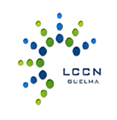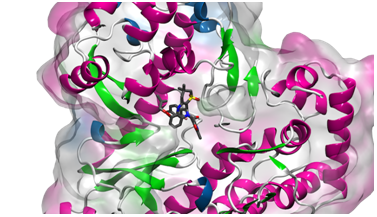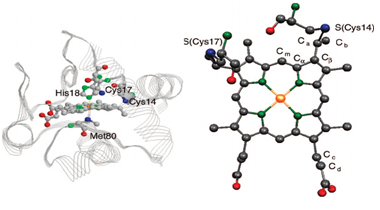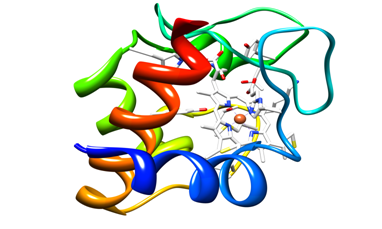Laboratory Mission
Nowadays, the use of modeling methods has become essential in any process of developing new products. Specific to the field of chemistry, computational chemistry techniques have grown remarkably thanks to advances in computer science and now allow to address quantitatively all areas of chemistry. These advances lead to more precise demands from experimenters, which motivates theoretical chemists to develop models and computational methods to deal with more realistic chemical phenomena. The creation of a computational chemistry laboratory bringing together skills covering a broad field of application will, on the one hand, promote synergy and effective exchanges between the members of the laboratory, and, on the other hand, facilitate collaborations with others. laboratories.
The areas of interest of the laboratory cover all the fundamental aspects and fields of application of computational chemistry. His expertise spans a wide range from molecular mechanics methodology to different approaches to quantum mechanics (semi empirical, ab initio and DFT) as well as numerical modeling and simulation, in particular molecular dynamics and molecular dynamics. Monte Carlo simulations. The correlation between the property and the nanometric structure of materials of interest, the means of computer modeling as well as methodological and algorithmic developments for the study of structure, dynamics and interatomic interactions are also a priority in our research.
Its themes are all part of a theme of unifying research based on the modeling of biologically active systems.
The main objectives assigned to the laboratory are developed in relation to the various research areas of the different teams.
The resulting research finds its culmination in the broad areas of chemistry, physics, biology, industry, pharmacy, medicine, industry and agriculture.









